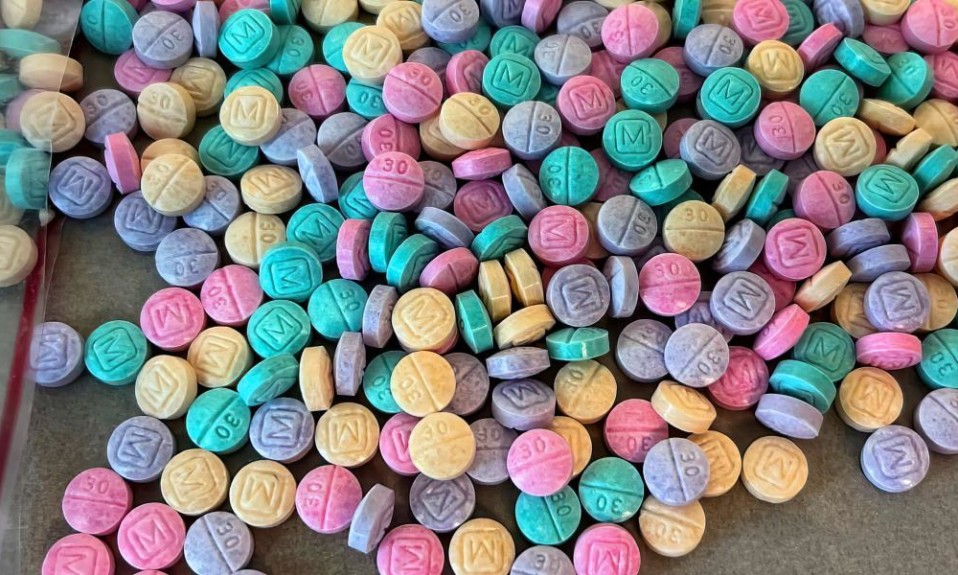Plus: A Boost for SUD services in Georgia, and a Utah program that subsidizes medical marijuana
By Dulcie Ulloa
New & Next: Policy
MAT and the Extension of the COVID Emergency
Given the emergence of the latest COVID-19 variant, the U.S. Department of Health and Human Services last weekend extended the determination of a public health emergency (PHE) for another 90 days. What does that mean for the treatment community? Significantly, the renewal of the PHE allows providers to continue to prescribe medication-assisted treatment (MAT) for opioid use disorder (OUD) without in-person interaction. In March 2020, in the wake of the initial PHE declaration, the Drug Enforcement Administration (DEA) eased restrictions on MAT prescriptions, permitting physicians to evaluate and prescribe buprenorphine via telehealth. Now those provisions will continue for at least the next three months.
In light of the opioid crisis, which was itself deemed a PHE in 2017 by the Trump administration, many treatment providers would like to see the new, less-restrictive approach become permanent. The DEA hasn’t indicated what its plans are one way or another when the emergency ends, but as Behavioral Health Business noted, President Biden has made beating the opioid epidemic a top priority, and federal legislators have acknowledged MAT’s importance in addressing the crisis. With telemedicine’s ability to reach remote and underserved populations, it would be a surprise to many if the current accommodations were rolled back.
“In this moment, when the United States is suffering tens of thousands of opioid-related overdose deaths every year, the DEA’s top priority is doing everything in our power to save lives,” DEA administrator Anne Milgram said in March. “We want medication-assisted treatment to be readily and safely available to anyone in the country who needs it.”
New & Next: Industry
Atlanta’s Biggest Public Hospital Gets an Addiction Services Boost
The Addiction Alliance of Georgia (AAG) last week announced it had received a $350,000 grant from the John and Polly Sparks Foundation to integrate addiction services into the primary care clinics of Grady Health System, the public health provider network that serves some 700,000 patients annually in greater Atlanta. The new grant will go toward expanding MAT services in neighborhood clinics and Grady Memorial Hospital, as well as integrating peer recovery coaches from the Georgia Council of Substance Abuse into Grady’s primary care teams and providing education on best practices for treatment collaboration.
The AAG is a partnership between Emory Healthcare and the Hazelden Betty Ford Foundation, combining Hazelden’s treatment and recovery methods with Emory’s research and education to address substance use issues across the state. “Our goal with this grant is to not only bring additional services and capacity to Grady’s system,” said Stephen Delisi, MD, medical director for Hazelden Betty Ford’s professional education continuum solutions division, “but to instill comfort and confidence in the primary care teams that will ultimately translate into compassionate conversations that lead to more hope, healing and help for patients.”
Uplifting Those in Need of Medical Marijuana
Utah Therapeutic Health Center announced this week that it has added two more partners to its medical cannabis subsidy program, Uplift, and now works with a half-dozen groups to assist terminally ill and low-income Utahans who need help paying for medical marijuana evaluations. The partners, along with Utah Therapeutic, match all donations made to Uplift, meaning each contribution up to $1,000 is now multiplied eight-fold.
Within its first few months, the program had helped more than 130 patients get access to medical cannabis through Utah Therapeutic and its partners. “It’s been really exciting to watch Uplift grow into such a successful and beneficial program,” founder Tim Pickett said. “Our patients and partners have shown incredible generosity in helping some of Utah’s most vulnerable people get the care they need.”
New & Next: Webinar
The Intersection of DEA, Opioids and MAT
As MAT expands, many primary care providers understandably have questions about the legal and regulatory issues surrounding the treatment. On April 27, from 3:00 to 4:00 p.m. EST, NAADAC is offering a free interactive seminar covering the DEA’s authority and role regarding MAT, along with SAMHSA requirements and resources, patient limits and red flags. The goal is to present the most current information available on opioid use, DEA regulations and federal law while easing concerns for providers. Presenter Dennis Wichern served 30 years as a special agent for the DEA before moving to Prescription Drug Consulting LLC. For more information and to register, go here.
Photo: Kristina Volge














